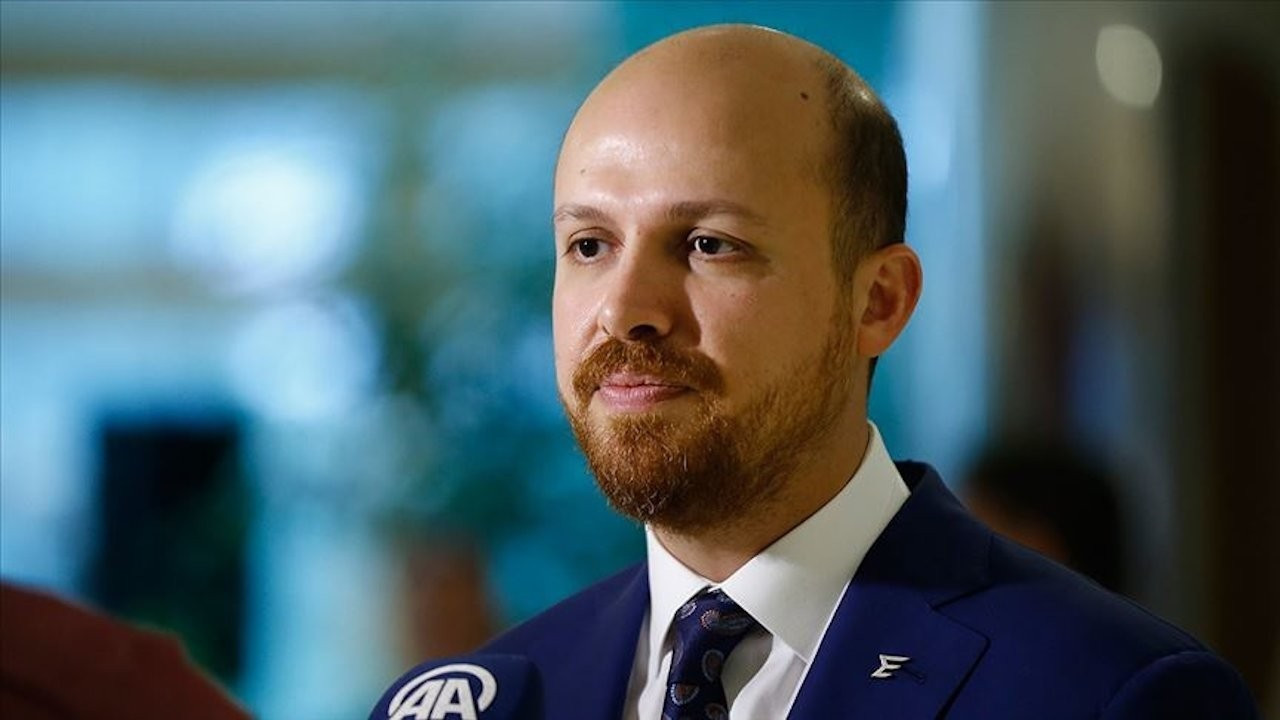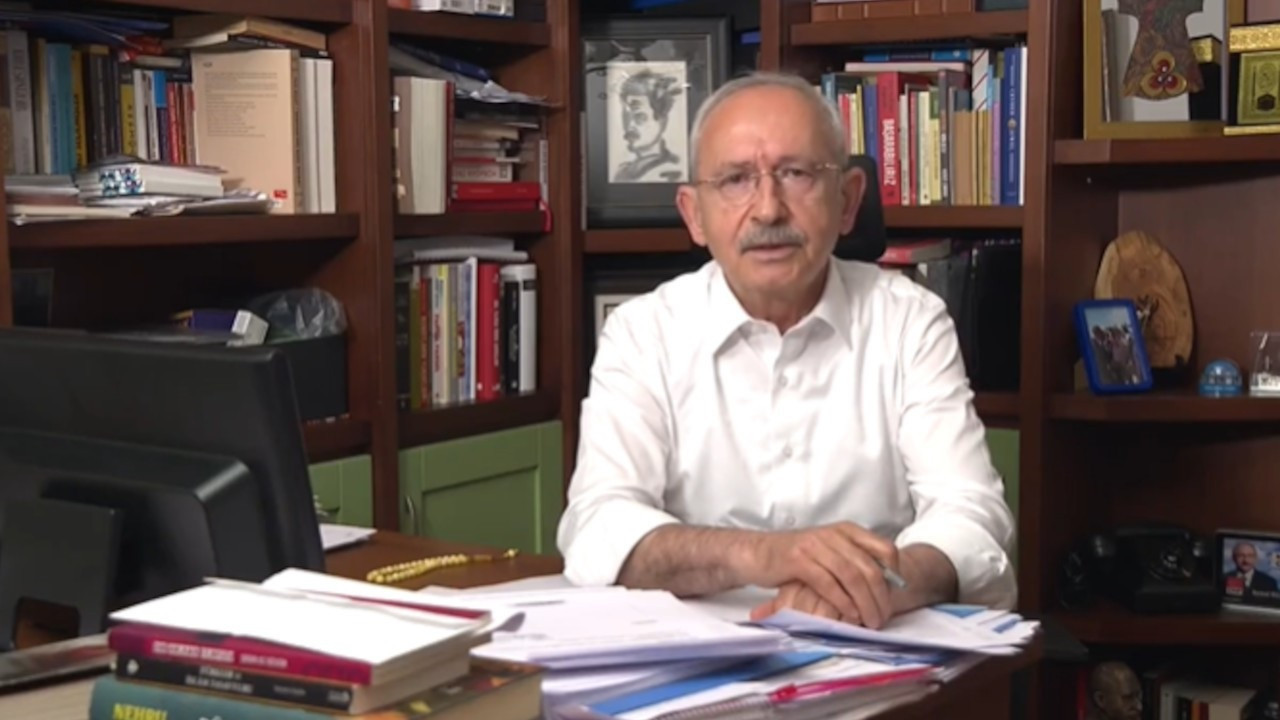Reuters appeals Turkish court's decision to block news on preliminary probe into Erdoğan’s son
Reuters news agency on July 3 appealed a Turkish court's decision to block access on reports and social media posts about the agency's special report regarding a preliminary probe into President Erdoğan’s son Bilal Erdoğan.
Duvar English
Reuters news agency on July 3 appealed against a Turkish court's decision to block access and delete its report on President Recep Tayyip Erdoğan's son Bilal Erdoğan titled, "US, Swedish prosecutors study graft complaint naming son of Turkey's Erdogan.”
Reuters said "(the agency) has appealed the Court's takedown order on the basis that it runs contrary to Turkish legal protections for freedom of the press and expression.” The agency added, "Our story was prepared in keeping with Reuters' Trust Principles and our commitment to the publication of fair and accurate reporting in the global public interest. We stand by it.”
According to a Reuters special report released on June 26, anti-corruption authorities in the United States and Sweden are currently examining a complaint alleges that the Swedish subsidiary of a U.S. company promised to offer substantial kickbacks, amounting to tens of millions of dollars, in exchange for assistance from Erdoğan's son in securing a dominant market position within the country.
As per the report, both U.S. and Swedish authorities have commenced preliminary investigations into the matter. However, the complaint reviewed by Reuters indicates that no kickbacks were actually disbursed.
After the article's publication, Turkey's presidential communications director, Fahrettin Altun, said: "We condemn Reuters for serving this false news story." The article contained "baseless claims", he added.
Istanbul Anatolian 5th Criminal Court of Peace on June 27 blocked access to 93 websites and Twitter accounts on the grounds of “violation of personal rights” for publishing the report of Reuters.
In its decision, the court said “Malicious distortions of truth may exceed the limits of acceptable criticism. Therefore, the duty of reporting necessarily includes responsibilities, and the limits that the press organizations must comply with. It was necessary to decide on the acceptance of the applicant's request regarding the content that is far from reality, unconfirmed and far from goodwill and violating the applicant's personality rights.”

 Turkish court blocks access to websites for reporting on preliminary probe into Erdoğan’s sonPolitics
Turkish court blocks access to websites for reporting on preliminary probe into Erdoğan’s sonPolitics Main opposition leader: Erdoğan's two children directly involved in transfer of funds to USPolitics
Main opposition leader: Erdoğan's two children directly involved in transfer of funds to USPolitics Friend of President’s son received millions in public tenders: ReportDomestic
Friend of President’s son received millions in public tenders: ReportDomestic